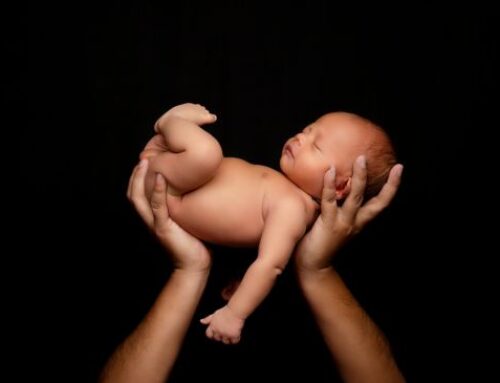Interim Staff
A veteran adoption counsellor says couples looking to adopt should follow up all possible leads in bringing a new son or daughter to their homes.
Margaret Kelly of Barrie, Ontario is the former director of the M.M. Kelly Counselling and Adoption Agency. Although she passed the agency on to colleague Marie McCallum two years ago, Margaret maintains a close watch on the adoption situation in the province. In fact, she still acts on behalf of a number of couples who have been frustrated in pursuing adoption through regular channels.
“It’s important for these couples to let some key people know how much they want to adopt,” Margaret said. “It sounds simple but it’s crucial to have some of these key people in your camp.”
Margaret also suggested that couples looking to adopt should keep their eyes open for their own leads in finding children about to be placed for adoption.
Practically everyone is aware of the situation in Ontario and elsewhere in which adoptive parents must endure long waits for limited number of children available for adoption. Many blame abortion for reducing the number of potential adoptees. Margaret however, has a slightly different view.
Confident mothers
“Babies are being born to single mothers who have more confidence in their ability to raise the child themselves,” she said. “In some cases, the welfare system inspires this sense of confidence. While welfare helps the new mothers cope with the immediate pressures of raising a child, it also has implications for would-be adoptive parents.”
With 10 children and dozens of grandchildren of her own, Margaret understands the importance of stable family unit in the formation of healthy, well-adjusted and productive citizens. She was attracted to adoption as a positive, life-affirming alternative to abortion. As well, she sees adoption by loving families as a release for children from the stress and uncertainty of Crown wardship.
Margaret advises parents that when adopting children from overseas, they should be mindful of the trauma and stress the child may have experienced at the birth-home.
“Sometimes love and security aren’t enough for these children,” Margaret said. “Parents should understand that most of these children will need more time to bond with their new mother and father.”




